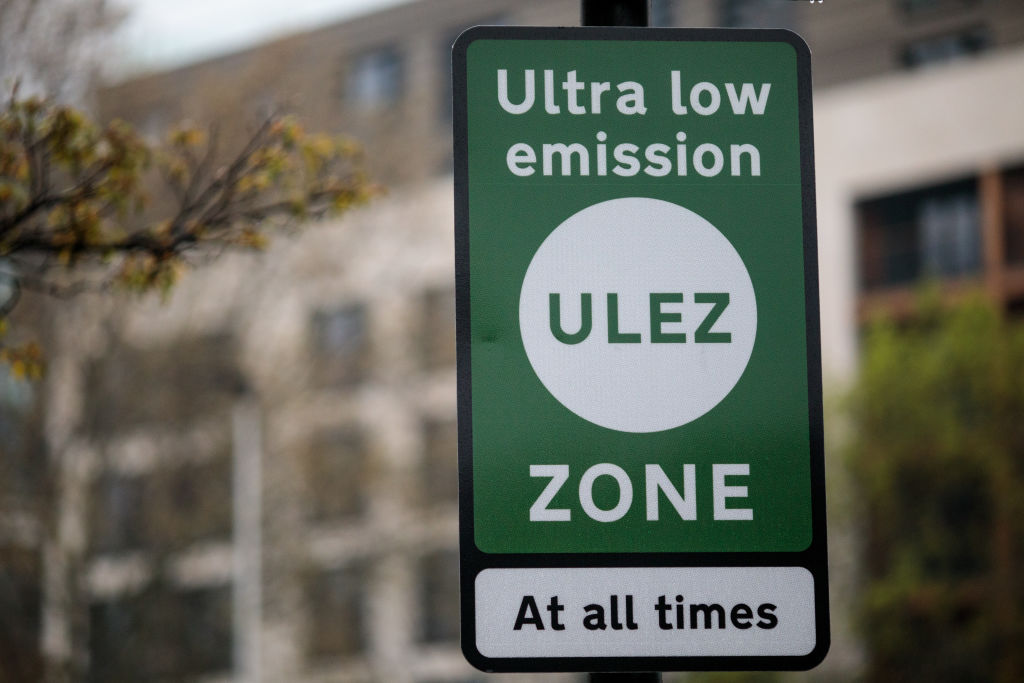Western societies are charging into the electrification of transport without actually providing the electricity

www.telegraph.co.uk
Some rather disturbing but predictable points. (our energy (electricity) production requiring to be quadrupled to fully go over to EV and electrical heating. Even if an exaggeration and it only needs doubling we are in a complete shambles.
The move to EVs has always been a con. It could never work and never will on current technology but saying so just isn't acceptable.
Ask a Tesla owner out and about over Xmas.
I suspect we, ll be seeing ICE cars etc kept on road for years and years sort of along lines of Cuba 20 years ago and how it coped with import bans on vehicles. Big Fords and Chevys with Lada engines shoe horned in to keep them going.
Back street garages keeping your Fiesta going for another 30 years will be thriving. Assuming we can get Petrol that is.
What a fecking mess.
And
View attachment 49912
This is latest C4 fully electric.
219 mile range is workable. (a 150 mile round trip with a bit in reserve? IMO that's a minimum for a workable solution)
But read guarantee.. It only guarantees 70% of that for first 100k,then it guarantees nothing. That really means at second hand (50k or so) you can only rely on 153 miles. That can't work. Drive to see either daughter, trip to coast, friends in other towns, holidays, trips out... Forget it.
And that car starts at £38k..
Who in their right mind would or could buy one. £40k or so for essentially city transport. Bonkers and utterly unworkable.
It's total BS Zlatan. Point by Point:
1) 84% of e-car owners have a fast home charger. They charge at home overnight since that is by far the cheapest way. 80% of
ALL existing e-car charging is done that way.
2) Overnight this country and all others in Europe's network have so much surplus electricity they don't know what to do with it so have to shut down wind turbines etc and pay the owners compensation. That is why the current is so cheap at nights as they seek to avoid paying compensation and why all street lights are on all night just to use up some of the surplus.
3) As a result it will be many years before the e-car demand starts to trouble the supply system. For example, we have 32.7 million cars in this country. We are struggling to replace them at 1.5 millions a year, so it will take at least 15 years to even replace half our cars. By then Hinckley Point and Sizewell C new nuclear power stations will be up and running and we will have far more wind turbines already planned.
4) V to G is coming, (Vehicle to Grid), already up and running in Denmark and with trials here. With that, cars charged overnight with cheap current and not in use supply current to the grid at peak times for higher prices. The profit earned is deducted from one's monthly electricity bill. Most cars stand idle the majority of their lives, either at home or at work.
5) The anti brigade, including you, present an entirely lop-sided view. You complain of circa 200 mile range but don't mention the ultra rapid charge rate on the newer e-cars for owners who need it. How is adding 100 to 150 miles of range in five minutes much different from filling with ic fuel? Where is the problem? You drive for 150 to 200 miles, stop for a coffee break and then carry on driving. It's just a little different from what you have been used to, but still a huge advance on every ten miles changing the team of horses pulling the coach. So keep a sense of perspective, ic car or e-car, both are highly convenient ways of travelling large distances.
6) For essential climate change reasons old ic cars will not be kept going indefinitely, it will be the opposite. Scrappage schemes will become compulsory to get them off the roads. That has already been happening as the charges for keeping non-compliant cars on the road force it in Greater London. As history shows, what we get today, you get tomorrow.
7) Yes, e-cars and their batteries are very expensive, often more than they need be. As I've explained at length previously, that is deliberate since it suits both the manufacturers and governments. The makers are fed up with loss making small cars so with government encouragement are turning to only higher end models. Which fits exactly what governments want for blindingly obvious reasons, far less of us able to afford being car owners.
We will still have car availability. Taxis, local short term hires, club cars etc, even automated shuttle cars. All these already exist on a small scale, but they will become very much more common. I've already been seeing
Zip Cars round here.
So yes, things will increasingly become different as they've been doing all your life, but change happens and we just have to accept it. We'll all be dead soon anyway so what's the big deal?
.










